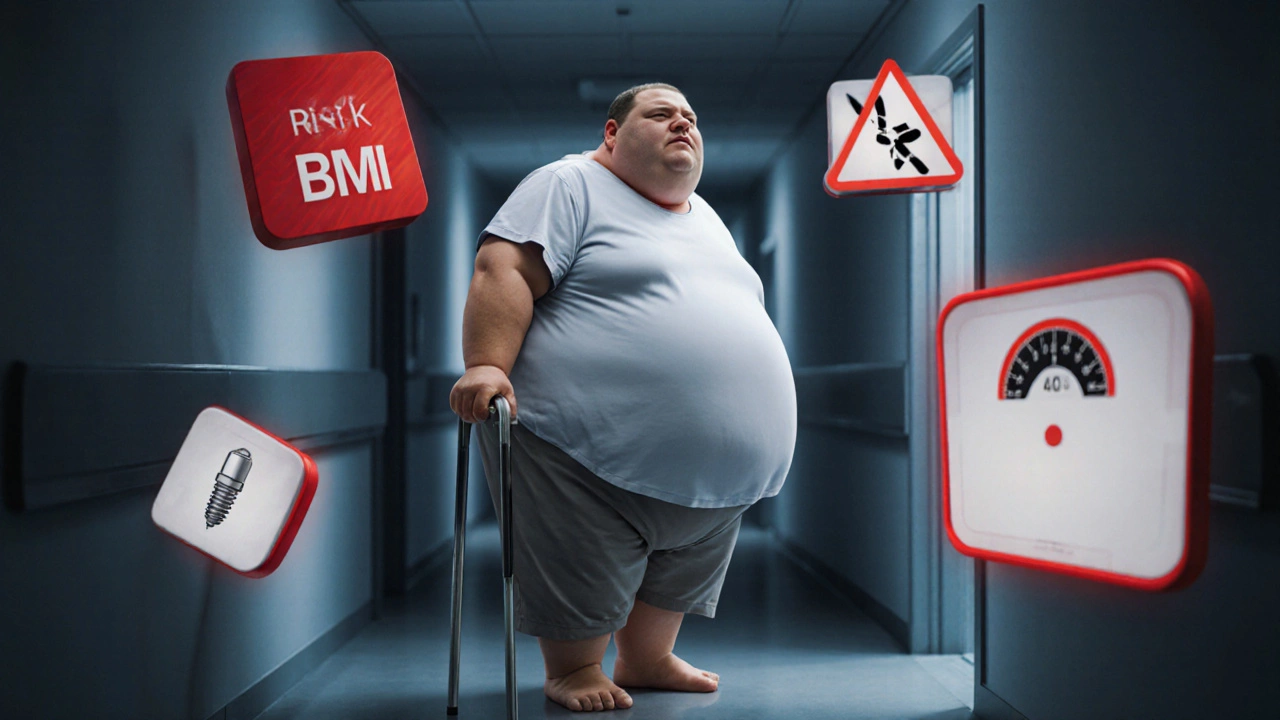Bad Candidate: What Makes Someone a Poor Fit for Health Treatments or Programs
When we talk about a bad candidate, a person who is unlikely to benefit from or may be harmed by a medical or wellness intervention. Also known as poor medical fit, it’s not about willpower—it’s about biology, history, and timing. A bad candidate isn’t someone who failed. They’re someone whose body, condition, or lifestyle makes a standard approach dangerous, ineffective, or pointless.
Think of it like this: you wouldn’t give a heart transplant patient a high-intensity HIIT routine on day 10. Or push someone with severe liver disease into an Ayurvedic cleanse. These aren’t failures—they’re mismatches. The contraindications, conditions or factors that make a treatment unsafe or inappropriate for a person are often invisible unless you know their full story. That’s why doctors check meds, allergies, organ function, and mental health before recommending anything. A wellness program dropout, someone who starts but quits due to side effects, lack of results, or worsening symptoms is often a bad candidate, a person who was never properly assessed before starting. It’s not laziness. It’s bad matching.
Look at the posts here. People are asking about turmeric daily, Ayurvedic cleanses, Ozempic alternatives, and IVF twins. Each of these has a group of people who should avoid them. Turmeric can thin blood too much for someone on anticoagulants. Ayurvedic detoxes can crash liver enzymes in people with fatty liver. OTC weight loss pills might spike blood pressure in someone with heart disease. IVF for twins increases risk of preterm birth—dangerous if you’ve had a prior miscarriage or high-risk pregnancy. These aren’t one-size-fits-all solutions. They’re tools with limits.
Being labeled a bad candidate doesn’t mean you’re broken. It means you need a different path. Maybe you need a gentler detox. Maybe you need blood work before taking herbs. Maybe you need to fix sleep and stress before even thinking about weight loss. The posts below show real cases—people who tried the popular thing, hit a wall, and had to backtrack. Some got hurt. Some wasted money. Some just felt worse. This page isn’t about giving up. It’s about choosing smarter.
Below, you’ll find real stories from people who learned the hard way what doesn’t work for them—and what they found instead. No fluff. No hype. Just the facts about who should skip what, and why.





